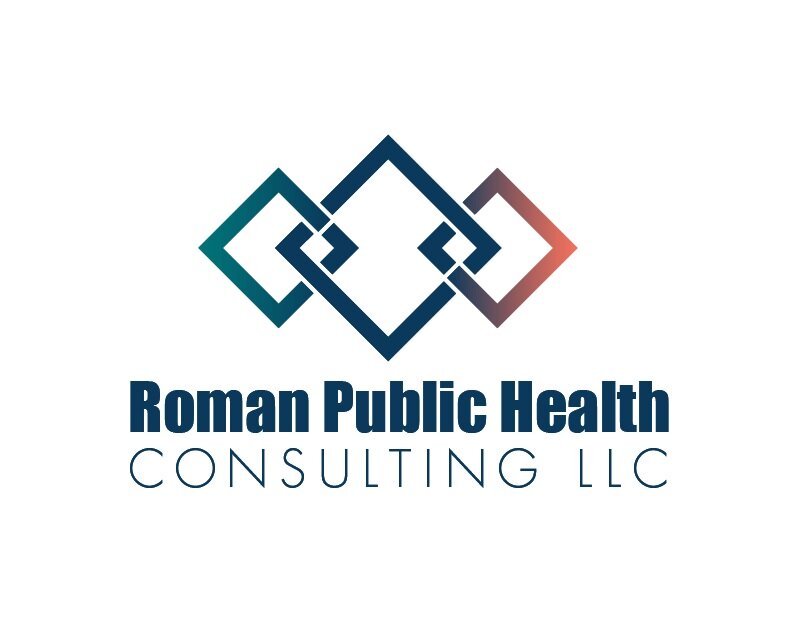Monthly Public Health Consultant Spotlight: Julie L. Halverson, MS, MA
Each month, I will introduce you to a public health consultant or entrepreneur and they will share their path to self-employment and outline key pieces of advice for aspiring business owners.
Today we welcome Julie Halverson, joining us from Madison, Wisconsin!
1. Please share your educational background and business title/name.
Owner, Artemis Research and Consulting, LLC
I have a MA in Health Communication and MS in Population Health.
2. Tell us how you entered the field of public health and what your education and work experience was prior to starting your own business.
Sexual assault prevention and response was my entry point to public health. I didn’t realize it at the time. I trained as an on-campus advocate and started to see for myself the systemic causes and effects of sexual violence. As more women in my dorm and social circle learned about the advocacy work I was doing, more of them shared their stories. The 1 in 4 statistic, quickly changed to 3 in 4. That was when I understood that systemic change needed to happen. Responding to violence isn’t enough. Addressing the root and overlapping causes became very interesting to me. I worked in different jobs that all tied into public health either directly or indirectly.
For example, working at a law firm and talking to clients injured by a medical device illustrated how health literacy is a critical piece of prevention. It is unjust that medical information and navigating health systems is confusing and overwhelming to patients. That experience helped me understand the patient perspective and set up later work studying health literacy and patient navigation in rural populations.
I figured out that I wanted to use my skills and interests - writing and evaluation - to move the needle on women’s health. Public health fit. I went to graduate school and earned a MA in Health Communication from Emerson College and a MS in Population Health from the University of Wisconsin-Madison.
My interests kept returning to injury and violence prevention. I have worked across non-profit, public, and academic sectors on the prevention of community-based violence, suicide, sexual violence, and child abuse and neglect.
3. When did you start your business and what were your motivations for pursuing self-employment?
I started in 2018, just before having my 2nd child. The timing was perfect. Only kidding. I don’t know if the timing is ever perfect to start your own business. I wanted a work situation that I was in control of and could decide on the type of project, client, and schedule. I want and need a career that accommodates all parts of my life. So, I work on projects that I am excited about and with people who understand my expectations.
4. Who is your ideal client? What services do you offer?
I love these questions.
I have 2 ideal clients. Non-profit and philanthropic leaders. For non-profit leaders - I help to make their social impact programs effective through evaluation planning. Non-profit leaders need effective programs that align with the communities they serve. Programs or evaluation plans that are not feasible or that the community doesn’t care about won’t work. I help them to set realistic goals, identify barriers and facilitators to success, and to craft a feasible and attuned plan. Also, I provide grant writing that gets projects funded.
My other ideal clients are philanthropic foundation leaders. I help them land their funding portfolio goals with strategic (read: evaluation) planning tools.
I offer monitoring and evaluation planning and frameworks, grant writing, and needs assessments across sectors.
5. What is your favorite type of project to work on and why?
My favorite type of project is one where I can conduct a needs assessment using the Social Ecological Model as a framework. It is my favorite tool to help organizations reconcile what success looks like and what is feasible.
6. Many of our readers are considering a career as a self-employed public health consultant or entrepreneur. What is your best piece of advice for those considering or just starting out?
Build a professional network of consultants and entrepreneurs. I learn a ton from other women solopreneurs inside and outside of the public health realm. Things like, how to make virtual meetings more engaging to bookkeeping tips. The public health solopreneur or small business owner connections I have are so supportive and great sounding boards. When you leave a bigger organization, the opportunities to share ideas and have informal conversations about your work aren’t readily available. I feel supported and have the ability to problem-solve with objective outside listeners.
7. How can readers connect with you?
Readers can connect with me via my website or LinkedIn. They can also visit the sign up page for my problem statement writing guide “3 Steps to Clarity and Effective Programs.”

